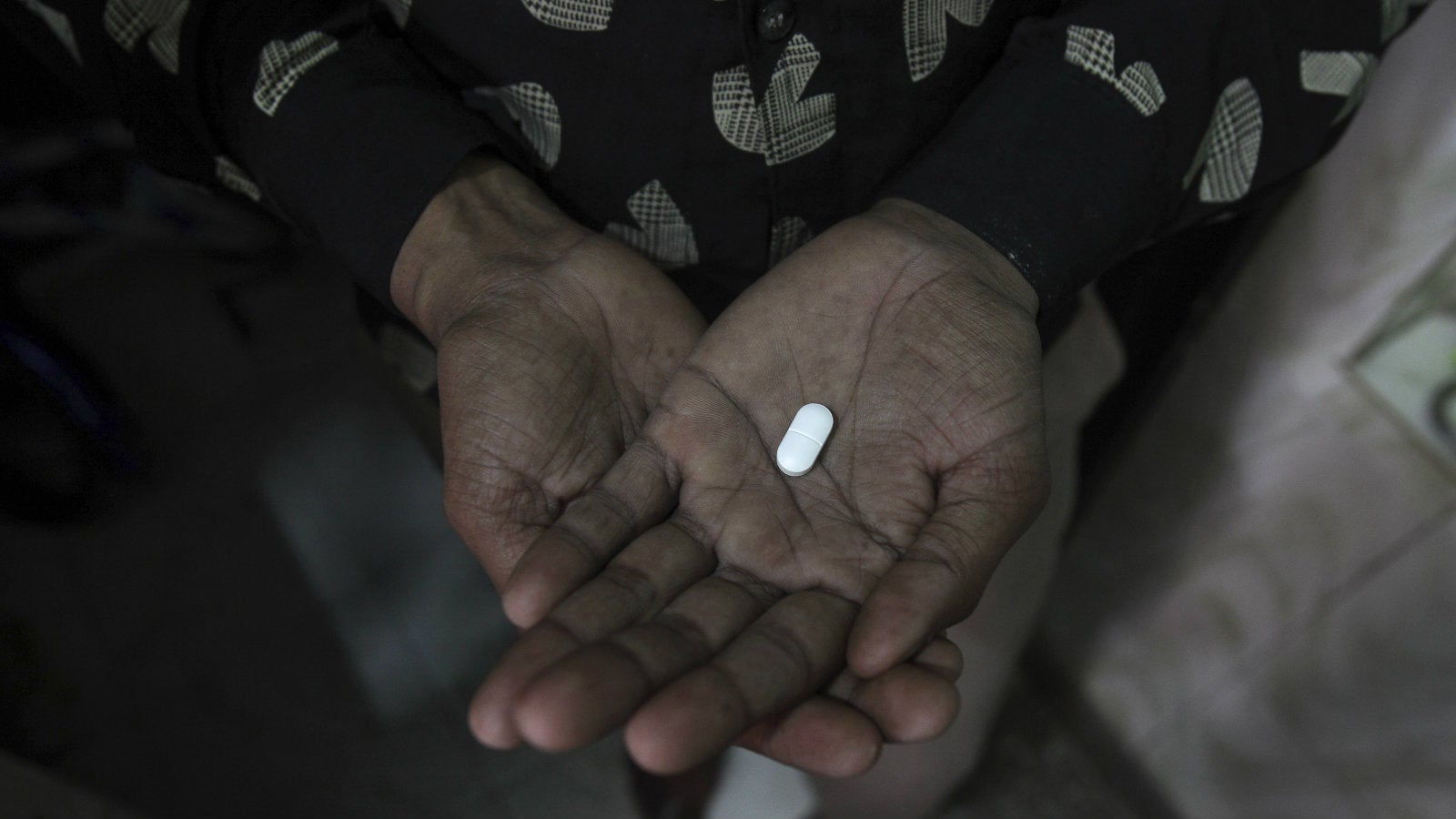Illegal medicines may be making India’s tuberculosis and malaria crises worse
India is awash with unapproved drug formulations, including those dispensed for diseases like TB and malaria, raising safety and efficacy concerns, says a new study.


India is awash with unapproved drug formulations, including those dispensed for diseases like TB and malaria, raising safety and efficacy concerns, says a new study.
India is called the “pharmacy to the world” for its massive production of cheap generic drugs and sales locally of fixed dose combinations (FDCs). These are two or more drugs in a single dosage form that have come under legal attack by patent-holding global pharma majors.
According to the study published last month (November) in Tropical Medicine & International Health, many FDCs do not have approval from the country’s drug regulator—the Central Drugs Standard Control Organization (CDSCO).
Virendra Ligade, author of the study and researcher at the Manipal College of Pharmaceutical Sciences, says the unapproved FDCs include irrational formulations that should be banned. He says there are 6,000 FDCs available in the country and that bans on certain FDCs deemed irrational have “ended up being challenged by industry in the courts.”
Ligade and colleagues looked at a database that covers 23 regions in India and analysed CDSCO approvals, sales value, and volume of anti-TB, anti-malarial, and other FDCs. They found that out of 110 anti-TB FDCs available in India, only 32, or less than 30%, had approval. In the case of malaria FDCs, only eight out of 20, or just 40%, were approved by CDSCO.
“The sales volume of all anti‐TB drugs was 730 million units, of which 71% was unapproved, amounting to $200,875,220 in sales value. Almost half of the sales value and volume of anti-malarials was generated by unapproved products,” Ligade tells SciDev.Net.
“Anti-TB and anti-malaria drugs belong to the broader category of anti-infectives and use of unapproved FDCs may render them ineffective against these deadly diseases due to the development of antibiotic resistance. India alone has 147,000 incidences per year of multi-drug resistance TB,” Ligade says.
According to Ligade, Indian manufacturers are also pushing irrational FDCs into semi- and fully unregulated markets in African nations. “This practice is a setback for organisations trying to implement an antimicrobial stewardship initiative worldwide.”
Ligade hoped the study would prompt the regulatory authorities to act against the manufacturers of unapproved FDCs. “Such studies will hopefully lead to the promulgation of efficient and robust post-marketing surveillance programmes.”
Swapan Kumar Jana, clinical tutor at the department of pharmacology, Calcutta National Medical College, Kolkata, tells SciDev.Net that the government has already taken up steps to combat production and sale of substandard and irrational medicines.
“In September 2018, the government banned 328 fixed dose combinations as they were deemed irrational and unsafe,” says Jana. “However, the regulators should monitor all drugs produced and marketed in the country and take necessary steps to maintain the highest standards for Indian pharmaceutical products.”
This piece was originally published on SciDev.Net: news, views and information about science, technology, and development. We welcome your comments at [email protected].